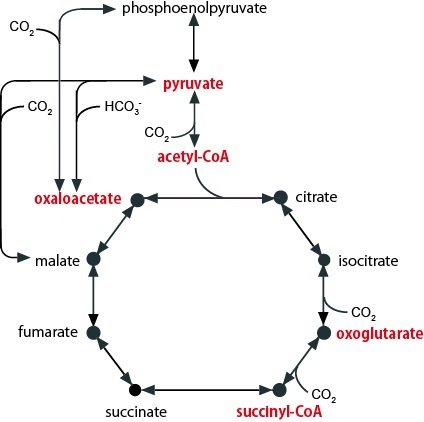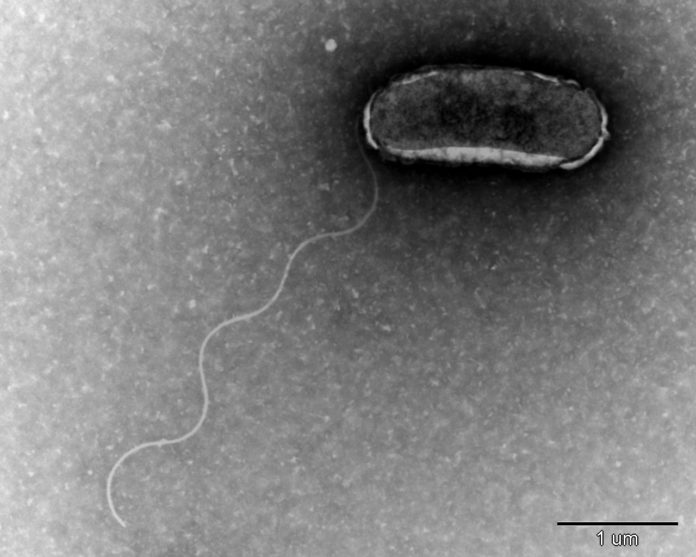Multi-omics look into Thermosulfidibacter (separated from an aqueous field in the Southern Okinawa Trough) has empowered the disclosure of potentially the most primordial type of tricarboxylic corrosive (TCA) cycle.
The TCA cycle is a primordial metabolic system fundamental for generally living beings. It goes back to the presence of the keep going basic progenitor on Earth and is thought to be “one of the most punctual lines of digestion” since the start of concoction advancement.
While the TCA cycle may exist in a few structures, there are different contentions concerning its primordial organization when life started on the earth.

Scientists from the Hokkaido University have found that the thermophilic bacterium Thermosulfidibacter takaii, situated in a basal position of the bacterial has a novel TCA cycle, potentially the crudest frame yet known. Multi-omics examinations, incorporating a novel strategy in metabolomics, have uncovered that Thermosulfidibacter has a reversible TCA cycle, that can adaptable alter the response course contingent upon accessible carbon sources, paying little heed to be under autotrophic or mixotrophic conditions.
Till now, there is no other organism has been found to exhibit both carbon fixation (autotrophy) and decarboxylation (heterotrophy) functions in the TCA cycle, using the same set of enzymes. Among the TCA cycles, the one observed in Thermosulfidibacter is “exotic” due to its ability to conveniently revert the direction of the reaction in response to dynamically fluctuating environmental conditions, and it is thought to exhibit characteristics of the most basal form of the TCA cycle.
Despite the fact that the unending inquiry, of whether the underlying types of life were autotrophic or heterotrophic, stays to be replied, the attributes of the primordial TCA cycle uncovered in this examination unequivocally propose the likelihood of the introduction of mixotrophic life that could fluctuate its digestion adaptably as per the plenitude of accessible natural and inorganic carbons on the primordial Earth.
The above results were published in the Science on February 2, 2018 (JST).
